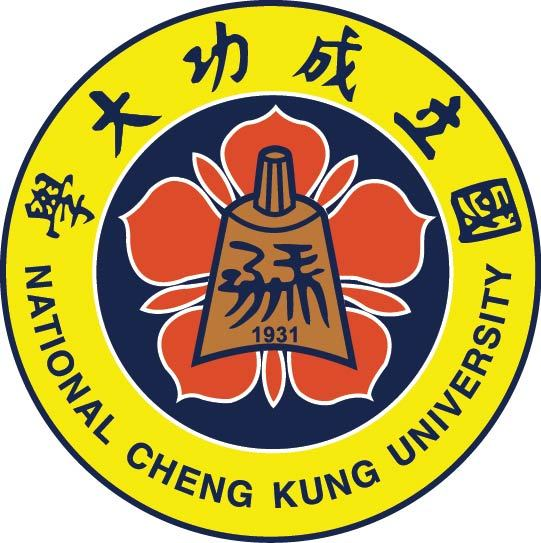Professor Shaw-Jenq (Sean) Tsai received his PhD degree from the University of Wisconsin-Madison, USA in 1997. He then joined the Department of Physiology at the National Cheng Kung University, Taiwan, as an assistant professor in 1998. He was promoted to Distinguished professor in 2008 and Chair professor in 2019 in recognition of his great academic achievements. Professor Tsai also served as the Director-General of Department of Life Sciences, Ministry of Science and Technology, Taiwan from 2014 to 2017. He was the past president of Chinese Physiological Society and Asian Society of Endometriosis and Adenomyosis.
Professor Tsai’s research focuses on investigating molecular mechanisms underlying important human diseases including cancer, polycystic ovarian syndrome, and endometriosis. He has published more than 140 papers in prestigious journals such as Nature, Nature Communications, Science Advances, Journal of Clinical Investigation, Cancer Research, Nucleic Acids Research, PNAS, and Journal of Extracellular Vesicles. His papers had been cited more than 8600 times with an H-index of 52.
Owing to his great contribution in endometriosis research, Professor Tsai was appointed as Ambassador of World Endometriosis Society in 2012. Professor Tsai was awarded as the “2014 Distinguished Scientist” by Society for Experimental Biology and Medicine and “2021 Fuller W. Bazer SSR International Scientist Award” by Society for the Study of Reproduction. In 2022, Professor Tsai was elected to the Academy of International Union of Physiological Sciences as a fellow. Professor Tsai serves as an editorial board member of many journals and is currently the senior editor of Journal of Endocrinology and Journal of Molecular Endocrinology. He is also the Asian editor of Experimental Biology and Medicine.
My laboratory is one of the world's leading groups in endometriosis research. We study the etiology and molecular pathophysiology of endometriosis with the ultimately goal of developing potential therapeutic drugs.
The other area of my laboratory's research topic is to delineate the underlying mechanism of drug resistance and cancer malignancy. We focus on investigating hypoxia-regulatory gene network and epigenome reprograming modulators in causing cancer malignancy. We employ the most up-to-date state of the art techniques to address these issues.
Reproductive Physiology
Cancer Biology
Bioinformatics
Translational Medicine
International Union of Physiological Sciences (IUPS) academy fellow (2022)
The 65th Academic Award, The ministry of Education (2022)
Fuller Bazer SSR International Scientist award (2021)
Fellow of Society of Experimental Biology & Medicine (2018)
Distinguished Research Award-Ministry of Science and Technology (2017)
Distinguished Scientist Award, Society of Experimental Biology & Medicine (2014)
Distinguished Research Award-National Science Council (2011)
PhD. University of Wisconsin-Madison
